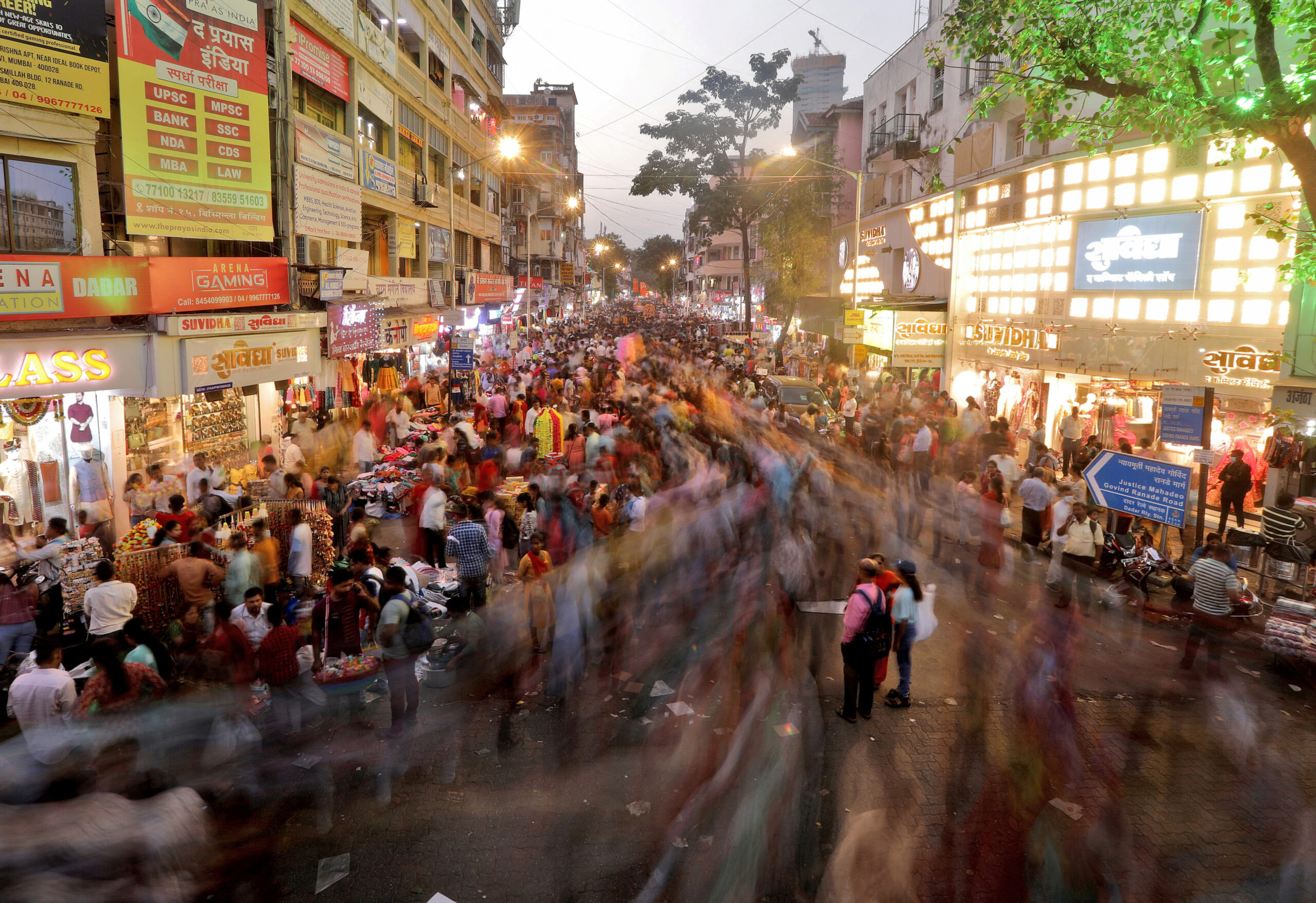By IPA Webdesk
The official X handle of Reuters, one of the world’s foremost news agencies, has been withheld in India under a “legal demand,” with no clear explanation emerging from authorities or Reuters. The move appears to be geographically limited, affecting only users accessing the @Reuters and @ReutersWorld accounts from within India, while other international users retain access.
Users attempting to view the @Reuters feed encountered a message stating the account “has been withheld in IN in response to a legal demand.” Within hours, access to the @ReutersWorld handle was also blocked, although several subsidiary Reuters accounts—Tech News, Fact Check, Pictures, Asia, and China—remained accessible to Indian users. Indian government agencies and Reuters have not offered any public comment clarifying whether the action originated from a court directive, a government ministry, or law enforcement.
This development forms part of a wider pattern in India’s content regulation strategy involving platform-level restrictions. Since May, X has complied with a directive to block approximately 8,000 accounts in India—spanning Pakistani media outlets, politicians, and several state-backed Chinese agencies—due to national security and communal concerns. That round of takedowns included prominent media organisations such as Global Times and Xinhua on X.
X’s compliance has drawn criticism from digital rights activists and media freedom advocates, who argue that the platform has been compelled into censorship without transparent due process or opportunity for appeal. X’s public communications on previous orders emphasised that many blocked accounts were subject to content takedown demands without specific violations being verified. The company also voiced its disagreement with broad account-level restrictions, describing them as “censorship of existing and future content.”
Following the current withholding of Reuters handles, stakeholders are raising concerns over consistency and proportionality. Several media observers note that singling out the flagship Reuters accounts—while allowing related feeds to remain—could suggest a targeted restriction rather than a blanket enforcement of policy. Some analysts caution that this could produce a chilling effect on international media coverage accessible in India.
India’s Information Technology rules empower designated officials to issue content restriction requests, which platforms must follow until contested in court. X is reportedly contesting the broader legal framework in Karnataka’s High Court, arguing against a vaguely defined government portal that authorises content takedown orders by numerous officials. X’s legal challenges suggest the company contests the legitimacy of these directives, even as compliance continues.
Reuters itself has remained silent, issuing no official comment as of July 6, 2025. The agency’s London newsroom, which oversees the @Reuters account, did not respond to information requests, and no notice has been issued on its website. Meanwhile, the Ministry of Information and Broadcasting and the Ministry of Electronics and Information Technology have not recorded any statements or legal notices relating to this event in publicly accessible portals.
Digital media specialists believe that prolonged withholding without transparent justification may escalate tensions between Indian authorities and international news platforms. Reuters, whose global feed is followed by millions, including journalists, investors, and diplomats in India, risks diminished reach in the country. The block may also fuel criticism that India is extending its regulatory grasp over global media narratives, raising concerns about interference in press operations.
Looking ahead, attention is focusing on whether Reuters will legally challenge the action or seek clarification from Indian authorities. X’s previous court filings suggest platforms may pursue judicial review to restrain overbroad censorship mechanisms. Meanwhile, news consumers in India may increasingly depend on alternative Reuters accounts that remain active, though concerns about fracturing the credibility and coherence of international news remain.
